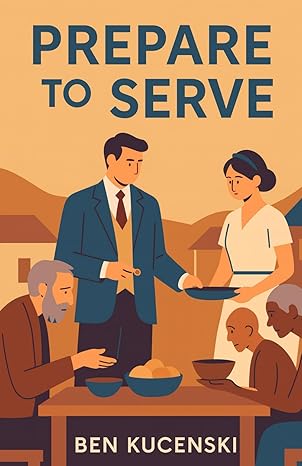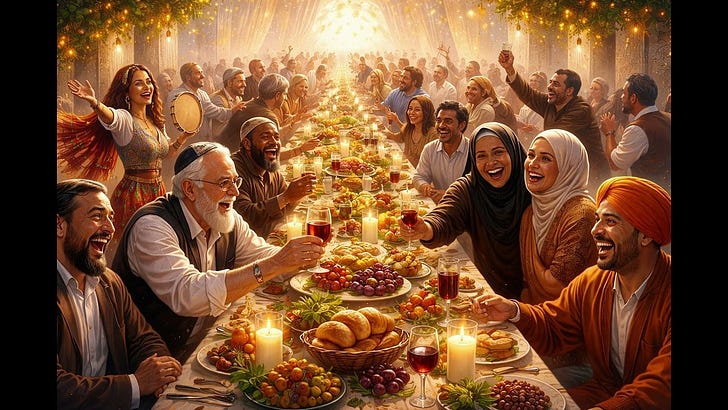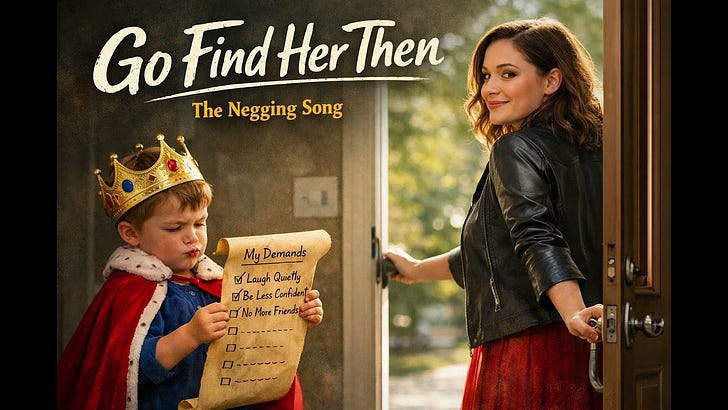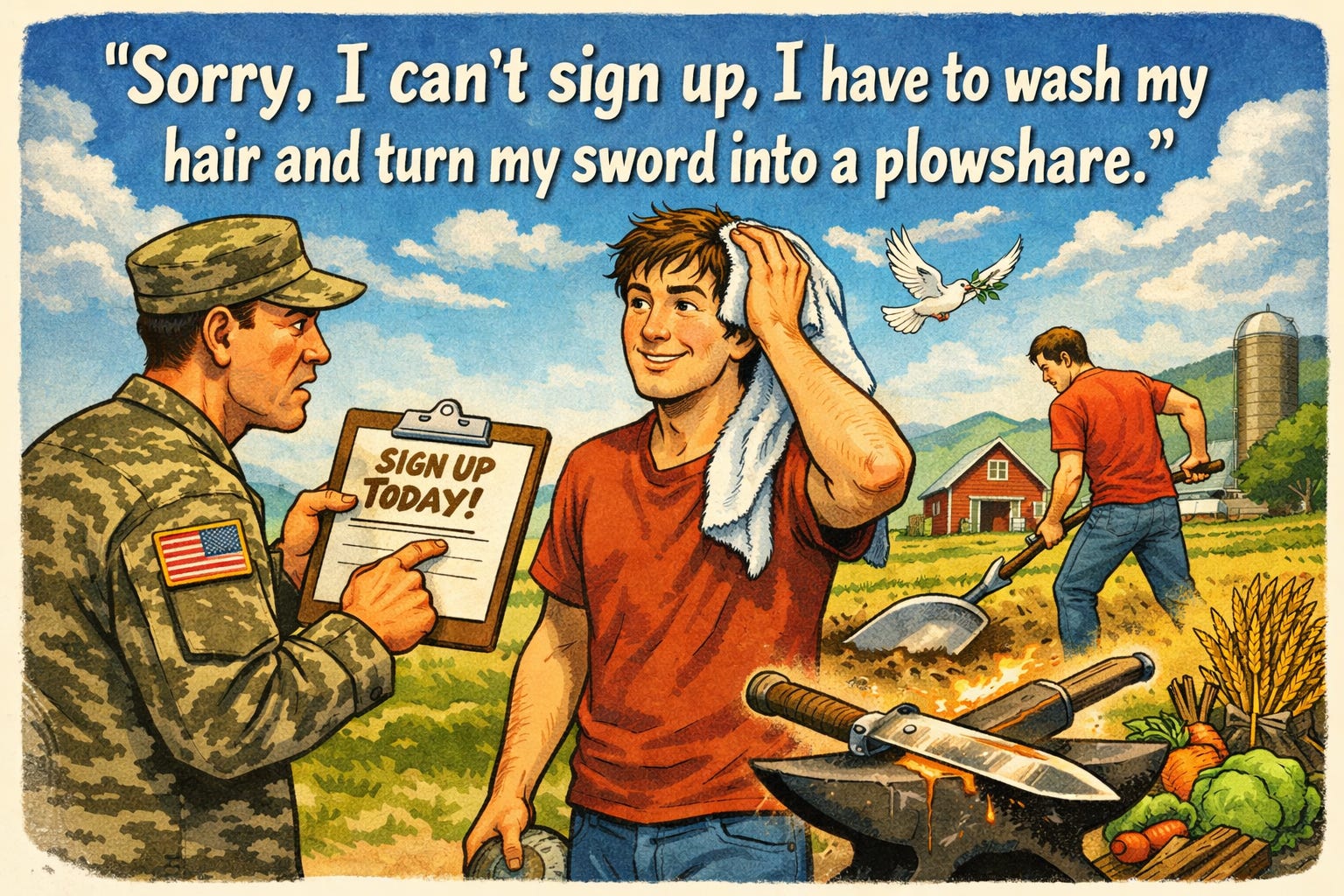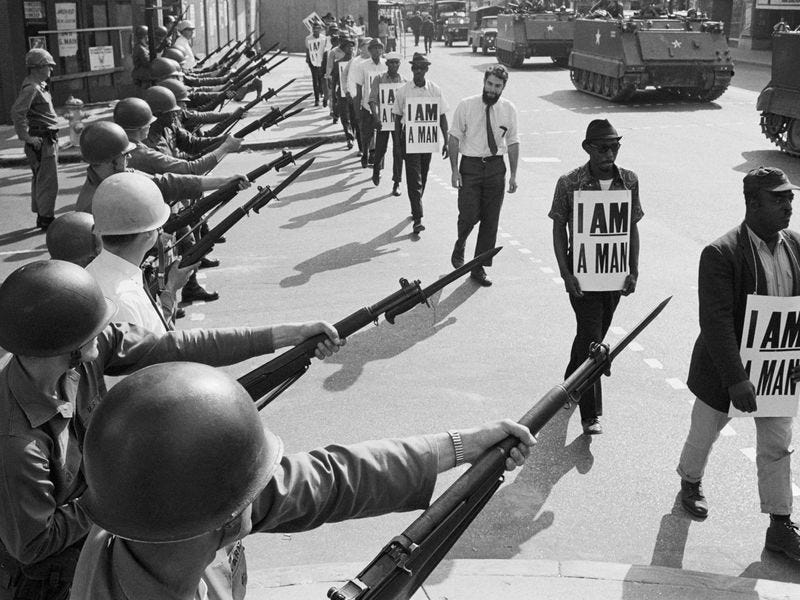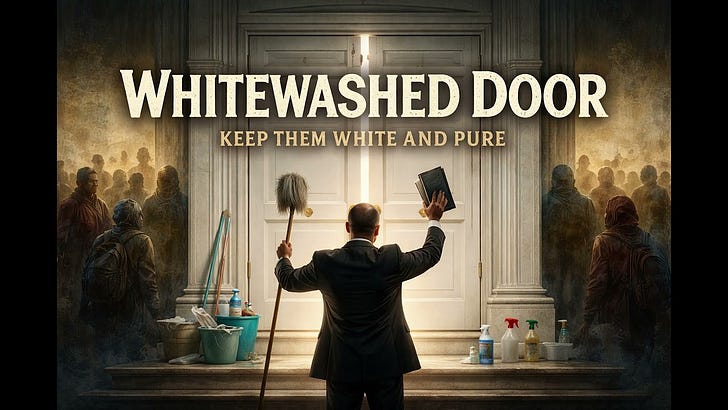What if ChatGPT Ruled the World
Let's start with this article as the foundation "What is Authority For?" And then the question is: "If AI was to rule the world, would this be a plausible framework for how it would approach authority?"
Alright, this is a serious foundation. You’re not asking a sci-fi question so much as a moral architecture question. I’ll stay with the grain of the text you gave.
Short answer:
Yes—this would be a plausible and even compelling framework for how an AI could approach authority.
But only if the AI were explicitly designed to treat authority as burdened, provisional, and answerable to the vulnerable rather than as optimization, control, or correctness.
Now let’s unpack that carefully, because the fit is striking—and also where the danger lies.













